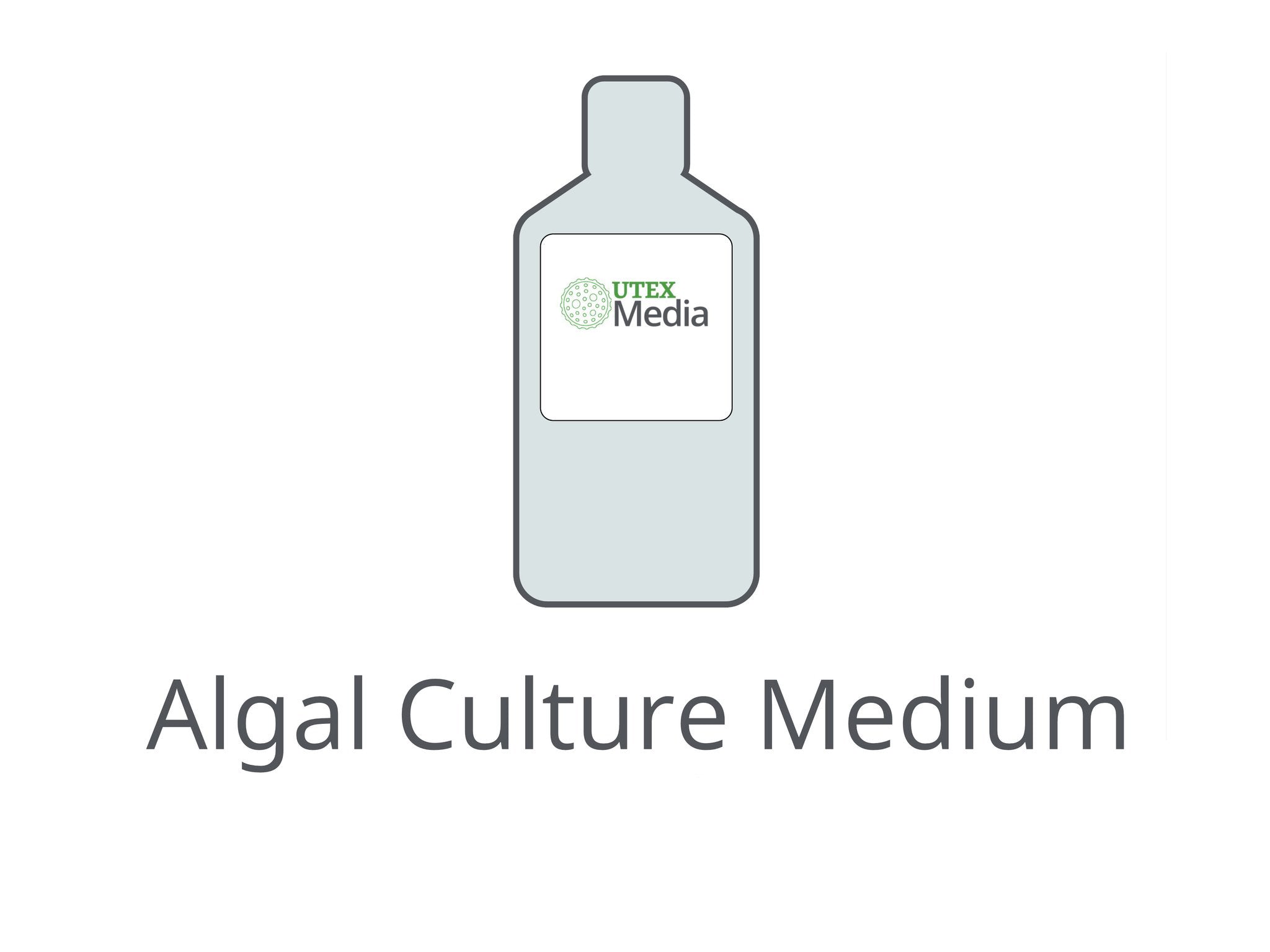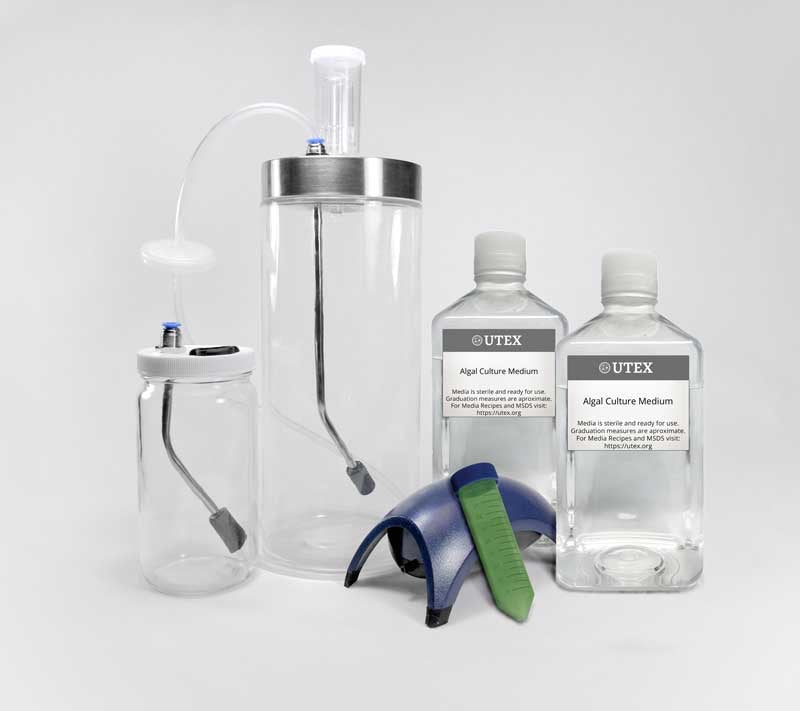Inquire with UTEX
A few strains in the Collection, like UTEX LB 3085 Microdictyon japonicum, grow very slowly, are low in available algal material, and/or do not grow to a high density. We ask that Researchers who are interested in this strain to please inquire with UTEX about purchasing through the 'Inquire with UTEX' button above, or by visiting the About strains listed as 'Inquire with UTEX' information page through the link or button below.
General Long-term Maintenance Conditions
| Temperature: | 20 °C |
| Light source: | mix of warm-white & cool-white fluorescent lamps |
| Intensity: | 3200 lux (maximum) |
| Periodicity: | 12:12 Light/Dark Cycle |
Why can't I directly purchase this strain online?
Instead of omitting UTEX LB 3085 Microdictyon japonicum and similar strains from the online catalog preventing access to the scientific community, UTEX lists these strains as requiring researchers to contact us first. This allows us to check the health of the strain in question, review how much material is available, and verify if UTEX is able to provide enough for the request before the order is placed.







